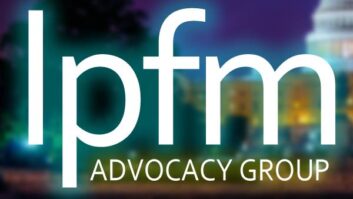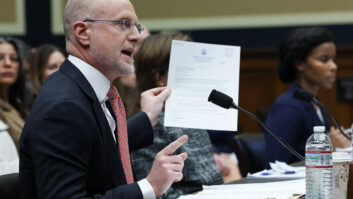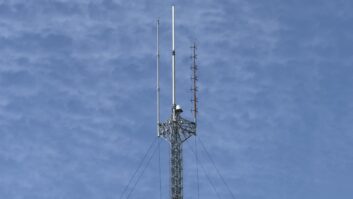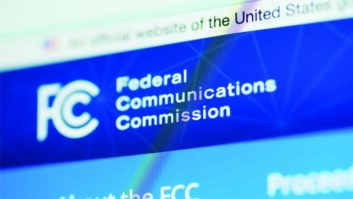The FCC’s Media Bureau has announced the mutually exclusive applications from the December 2023 LPFM window.
Out of the original 1,336 applications filed, there are 109 MX groups involving 264 applications. The groups are within 30 states and Puerto Rico.
The Media Bureau previously identified 730 singletons, which are applications that are not in conflict with any others. The published list of the 2023 LPFM window MX group applicants can be viewed here.
When considering whether or not an application is mutually exclusive, the FCC must determine if two or more applications in a specific filing window meet the minimum distance separation requirements — which for same-channel LPFM signals is 15 miles and first-adjacent channel LPFM signals is just under 9 miles.
During this MX review process, the Media Bureau identified two applications with “significant technical and/or legal defects,” filed from Portsonic Communications in Las Vegas, Nev., and Aire Broadcasting Foundation in Hazelton, Pa. Both applications were dismissed. The applicants have a 30-day opportunity to appeal.
Previously, in February, the FCC dismissed 203 applications filed by Weather Alert Radio Network (WARN) for its failure to demonstrate that WARN is an eligible public safety radio service. It said several of these WARN applications are mutually exclusive with other applications and “even if WARN was a legitimate public safety radio service applicant, the MX WARN applications would still be dismissed.”
Applicants that have been placed into the 109 MX groups have a 60-day period — ending May 15 — in which conflicts can be resolved. Applicants can either file settlement agreements or technical amendments.
For a settlement agreement, an applicant would propose at least one acceptable application within an MX group that does not create any new conflicts nor make existing conflicts worse — such as changing a first-adjacent short-spacing with a proposed facility to a same channel conflict. The commission says universal settlements, which resolve all conflicts within an MX group, are “encouraged, but not required.”
A technical amendment is deemed acceptable by the Media Bureau when it resolves conflicts between at least one application and all other applications in the same MX group. Only minor engineering amendments, which includes transmitter site relocations of less than seven miles, or relocations that involve 60 dBu service contour overlap between applicants, will be permitted. Technical amendments can be filed as part of a settlement agreement or unilaterally.
Applicants in MX groups that do not file a settlement or amendment will proceed to a comparative analysis by the Media Bureau, which is determined by point total after the 60-day period closes. Applicants are not permitted to amend their existing applications out of the desire to increase their totals in the analysis.
The commission says settlement and technical amendments submitted during the 60-day period will receive “expedited processing,” so the commission encourages applicants to take advantage of the window, even though settlements can continue after its closing. Technical amendments will be processed on a first-come, first-serve basis. Time-share proposals cannot be submitted at this time.







